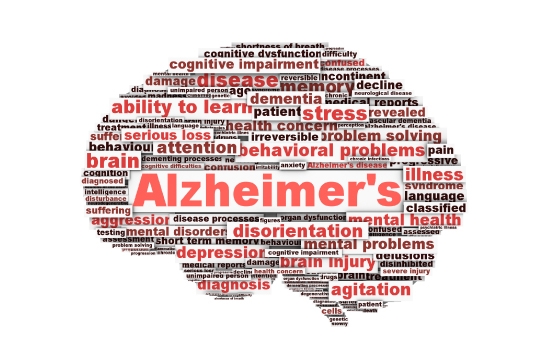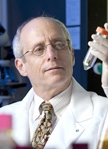


| Date: | 15 Nov 2013 |
| Time: | 12:30 pm - 2 pm (Lunch included) |
| Venue: |
HKUST Business School Central 15/F, Hong Kong Club Building 3A Charter Road, Central, Hong Kong. |
| Remarks: | Seats are limited and first-come-first-served. Registration starts one month before the talk. |
| Enquires: | 2358 5019 / science.for.lunch@ust.hk |


Alzheimer’s disease is a progressive neurodegenerative condition that annually costs the healthcare system over US$150 billion, in the US alone. There is good news: we have learned much about the disease. There is also bad news: we have no cure. The speaker will review the history of therapeutic approaches to Alzheimer's– their successes and failures – and discuss how understanding the role of inflammation, aging and other symptoms may help. He will also discuss non-pharmacological therapies that might help current sufferers.




